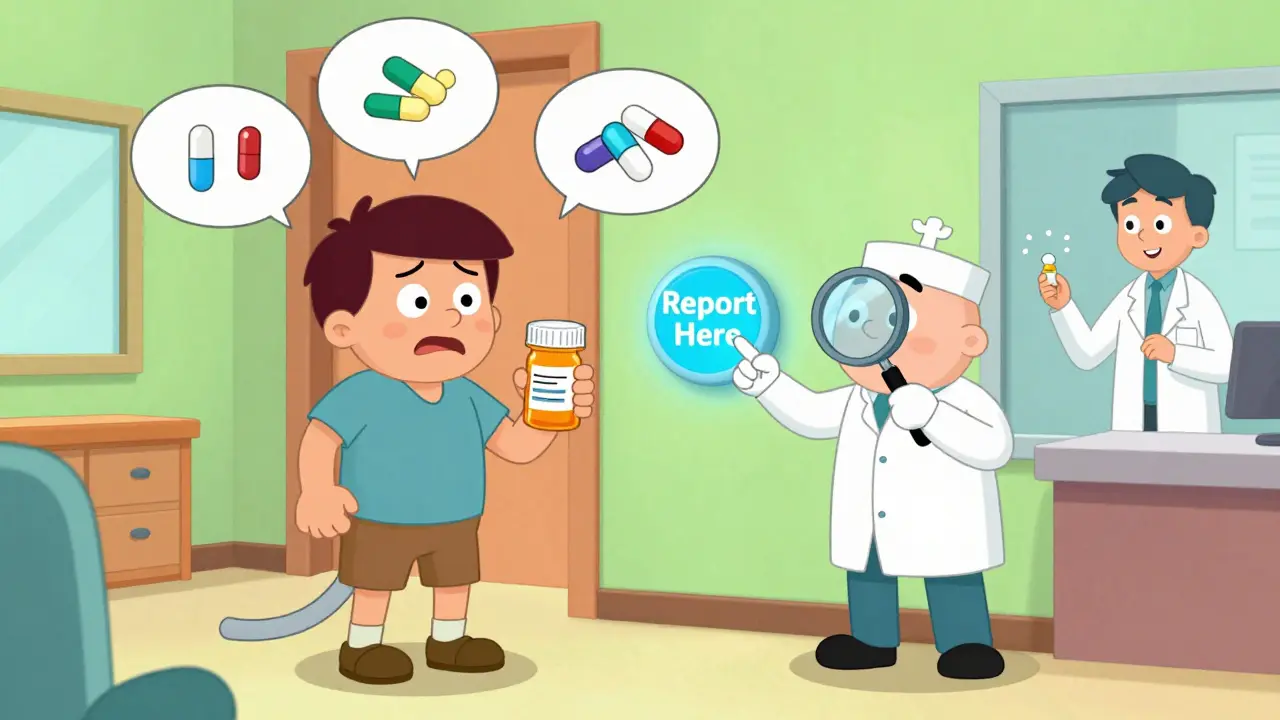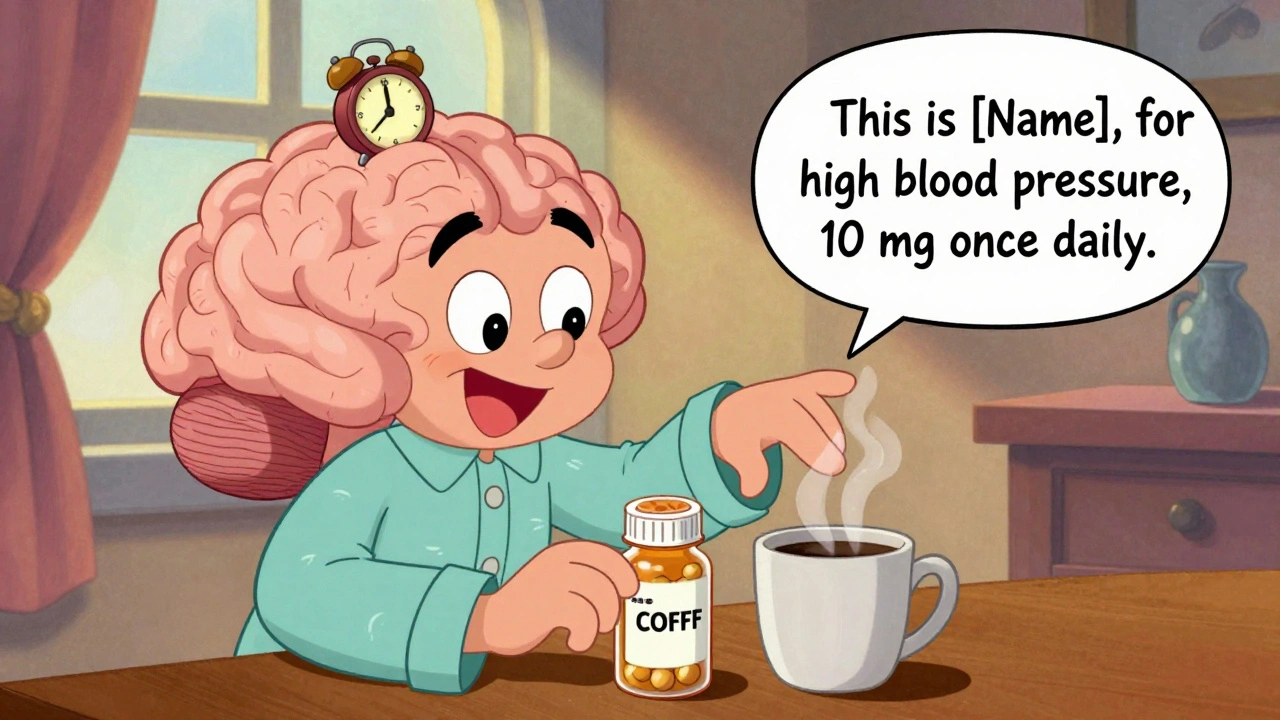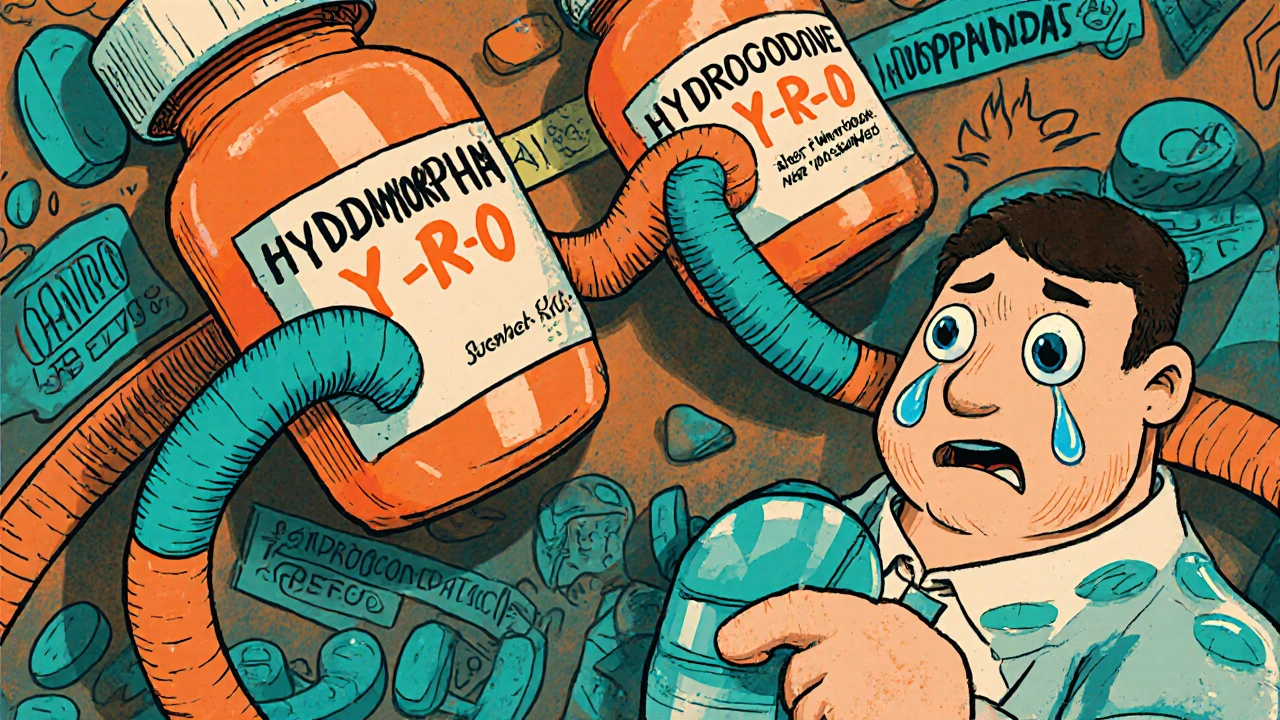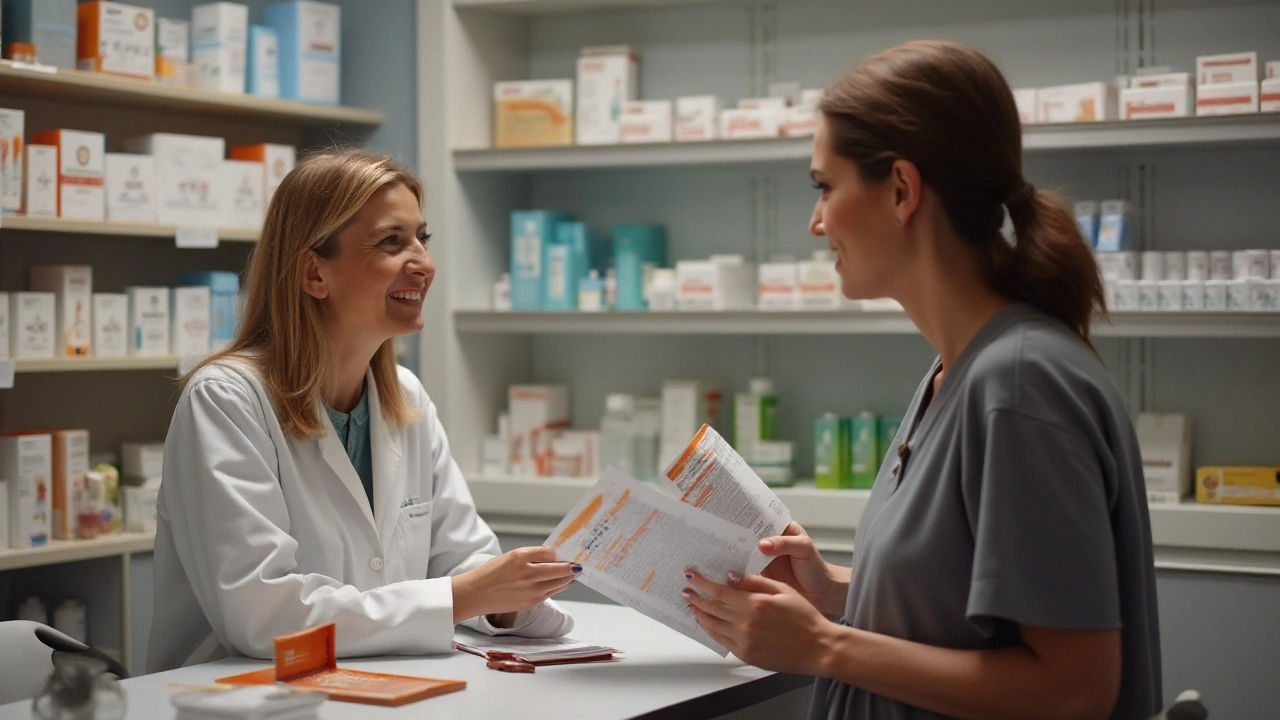Medication safety: practical tips for buying and using medicines
Medicine helps—when used the right way. But mistakes with prescriptions, online purchases, or daily dosing can cause harm. Below are clear, useful steps you can use today to make your medication routine safer, whether you buy from a local pharmacy or online.
Buying medications safely online
If you order medicine on the web, start by checking the pharmacy. Look for a physical address, a licensed pharmacist contact, and clear return or privacy policies. Read recent customer reviews but watch for fake praise; multiple consistent complaints are a stronger red flag than a single bad review.
Never ignore prescriptions. Legitimate pharmacies will ask for one when needed. If a site sells prescription-only drugs without asking for a valid prescription, avoid it. Also compare active ingredient names and strengths, not just brand names—some pills with different labels are actually the same drug at different doses.
Watch shipping and storage notes. Some meds need cool, fast shipping. If the seller won’t explain how they ship temperature-sensitive products, don’t risk it. For price savings, check pharmacy accreditation and patient support options first; the lowest cost isn’t worth a safety trade-off.
Using medicines without surprises
Keep a current list of every medicine you take: prescriptions, over-the-counter drugs, vitamins, and supplements. Share that list with any clinician who prescribes a new drug. This reduces dangerous interactions and helps your provider pick safer options—for example, adjusting doses for kidney problems or swapping a drug that raises fall risk in older adults.
Learn the common side effects and the serious warning signs. Mild nausea or sleepiness is different from trouble breathing, hives, chest pain, or sudden mood changes. If you notice severe reactions or new suicidal thoughts, get medical help right away and stop the medication only if your clinician tells you to.
Follow dosing rules—timing, whether to take with food, and maximum daily amounts. Acetaminophen (paracetamol) is safe in the right dose, but too much can harm your liver and, according to recent studies, may also change mood and thinking. Don’t mix drugs with alcohol unless your doctor says it’s safe.
For older adults, ask about renal dosing and fall risk. Some drugs that work fine for younger people need lower doses in seniors. If you or a family member manage multiple medicines, use a pillbox, set phone reminders, or request pharmacist blister packs to avoid missed or double doses.
Store meds in original containers, away from heat and moisture, and out of reach of children. Dispose of expired or unwanted drugs through local take-back programs rather than tossing them in the trash or flushing them.
If something worries you—price, side effects, or online pharmacy reliability—talk to a pharmacist or your doctor. Small checks up front can prevent big problems later. Safe medicine use is mostly about clear info, honest communication, and a few practical habits you can keep every day.

How to Report a Medication Safety Concern to Your Clinic
Haig Sandavol Dec 31 12Learn how to report a medication safety concern to your clinic-step by step. Discover why internal reporting stops errors before they hurt patients, what to say, who to talk to, and what happens after you speak up.
More Detail
How to Train Yourself to Check Labels Before Every Dose: A Simple Habit That Saves Lives
Haig Sandavol Dec 1 13Checking your medication label before every dose is the simplest, most effective way to prevent deadly errors. Learn how to turn this five-second habit into a lifesaving routine.
More Detail
Look-Alike, Sound-Alike Medication Names That Cause Errors: Real Risks and How to Stop Them
Haig Sandavol Nov 20 8Look-alike, sound-alike (LASA) medication names cause thousands of preventable errors each year. Learn which drugs are most confusing, why mistakes happen, and how hospitals and patients can stop them before they hurt someone.
More Detail
Guide to Safely Purchasing Female Viagra Online
Haig Sandavol Dec 26 13Female Viagra, known for enhancing sexual response in women, involves specific medical and safety considerations. Understanding side effects, correct dosage, and potential drug interactions is crucial for safe and effective use. This article offers detailed guidance on these aspects, ensuring informed and secure online purchasing decisions.
More Detail